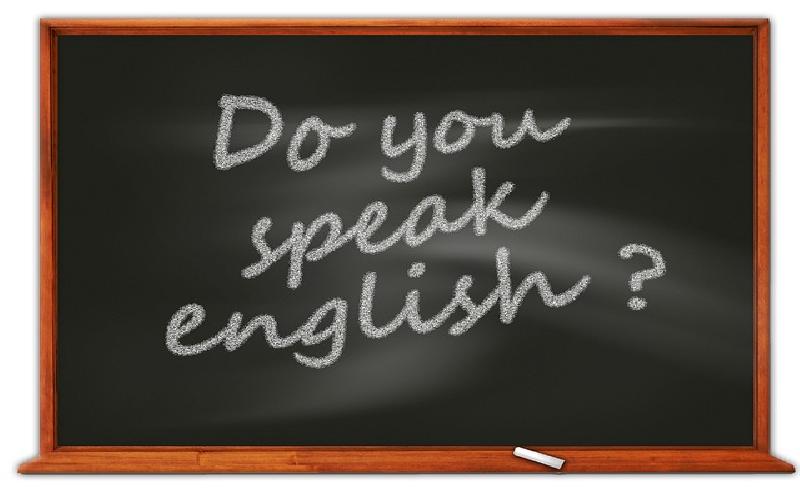Importance of connectives in business english communication


Communication is one of the most important soft skills of an employee. Regardless of age, gender, background, or of the position and experience that one holds in an organization, it is important for an employee to have either developed or to improve effective communication skills. Effective verbal or written communication skills are valuable in the workplace, as they help greatly in improving the overall organizational culture.
Communication means the exchange of information between people by means of speaking, writing and using a common system of behavior. It’s one of the most important aspects of a business organization leading it in the direction of desired success by way of making others react with ideas, facts, thoughts and feelings. Effective communication involves information sharing process. It should be made in such a way that the message sent by a sender must be clearly understood by a receiver and the desired effect must be produced. And that’s possible if one acquires effective communication skills.
While maintaining effective communication at the workplace, it is important to follow language rules and consider the terms to be used for particular technical applications. Here the language I mean English language and Business English is the general term used for English relating to International commerce, finance and Industry.
Often, there are times when you need to use particular terms in order to convey the message accurately. While the functionality of the most of the words in particular sentences may be understood well, there are some words that might confuse in terms of their functions they perform within sentences.
One such example is about the words, conjunctions and connectives. Both conjunctions and connectives are joining words, but when it comes to their application, there is a great difference between them which might be confusing often. Before we discuss further, let’s know the definition of both Conjunction and connective.
A conjunction is a word that is used to link sentences, clauses, phrases or words, Example: “and”, “but” or “if”. As regards connective, it’s also a joining word, but it is used within a short or a long sentence. It must be noted that the conjunctions are normally used to connect two sentences, whereas, the connectives are such words that help you link or connect ideas. They can be used to link or connect two or more ideas within sentences. More to the point, connectives are also to be used to link ideas in separate sentences or paragraphs. This is what differentiates basically between conjunctions and connectives.
One of the extremely important benefits of using connectives appropriately is that you can make your writing more powerful with the help of using right connectives at the right places in your sentences. Connectives are of great importance when you need to maintain the flow of your ideas assisting you to keep the well-developed structure of your writing. More often than not, you also need to move your readers from one point to the other within your writing, in such times, connectives are of a great assistance to let you do so.
Having understood the difference between conjunctions and connectives, it is important to mention that there are different types of connectives being categorized on the basis of their usage within sentences. Some of them are mentioned herein:
Connectives that are used to add further meaning: moreover, furthermore, too etc.
Connectives that help you maintain the logical sequences in your ideas: meanwhile, eventually, finally
Connectives that emphasize the ideas: Indeed, especially, significantly
Connectives that help you compare between ideas: Equally, likewise, similarly
Connectives that let you compare two different ideas: whereas, otherwise, on the other hand
Connectives showing cause and effect: So, therefore, consequently
Explaining Connectives: that is to say, besides, for example
Written by:
K. A. Fareed (Fareed Siddiqui)
Writer, Trainer, Author, Software Developer
BBA, MBA-Finance, MPhil-Financial Management, (PhD)
MA-English, MPhil-English
Module 1 - Leadership and Management ILM – UK
Pursuing CMA-USA
Individual Member of Institute of Management Consultants of India
Disability insurance or DI is an insurance policy that provides an individual coverage in case a sickness or injury prevents him/her from working and earning income. This article brings to life varied aspects you need to know about disability insurance.
Personal budgeting helps in managing personal finances. It helps in making proper plans related to money and provides an effective way to control our expenses.This article discusses the importance and benefits of maintaining a personal budget..
International trade requires taking into account the risks that are inherent in doing business across political boundaries. These include changes in political environment and the resultant impact on business viability, violence, conflicts, regulatory sanctions imposed by authorities and even cultural issues.